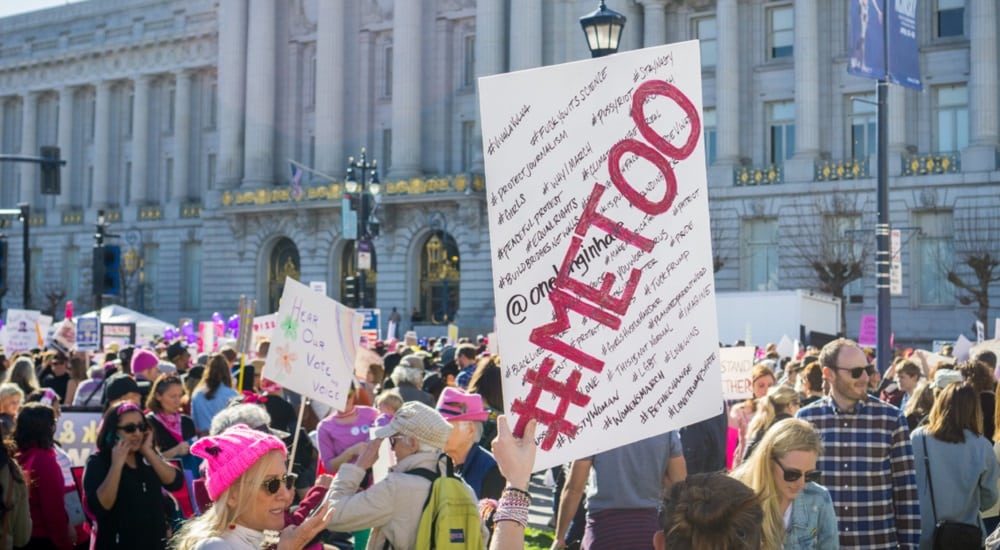A number of congressional Democrats have made today a package of bills under the General name BE HEARD — against sexual discrimination in the workplace. Among the initiators of Catherine Clark and Ayanna Pressley (both from Massachusetts), and the Senator from Washington, Patty Murray. The document focuses on the protection of workers faced with sex harassment and harassment, and facilitation of access to legal aid, especially those working in positions with low salaries.
In the preparation of projects played a major role civil society activists from public organizations and movements of the ACLU, UltraViolet, TIME’S UP and others. Deputy Director for organizational issues UltraViolet Emma Bourbourg, commenting on the bill, said that «this is the first comprehensive Federal legislation that addresses the problem of harassment in the workplace. It’s definitely a bold step that meets the needs of working people and shows in which direction to move and what to do to prevent harassment and attacks in the workplace».
Jen Klein, chief strategist at TIME’S UP, said: «Thanks to the decisive confessions of women worldwide who have found the strength to tell the truth and courageously shared their stories #MeToo, we stand on the threshold of a long overdue cultural revolution. TIME’S UP is proud to support the law Be HEARD, which will help to provide meaningful and sustainable change, protecting working women».
Whether you’re the only woman on the board, a janitor, or farm worker—no matter your gender, race, religion, sexual orientation or age and regardless of whether you have a disability or are a veteran—you should be treated fairly, respectfully, and with dignity. #BeHEARD pic.twitter.com/UJ4IPN3Fpg
— Senator Patty Murray (@PattyMurray) April 9, 2019
The main provisions of the bill Be HEARD:
- The extension of the system of protection of the rights of workers in organizations with fewer than 15 employees and the self-employed (for example, domestic workers), the inclusion of representatives of the LGBTIQ victims of discrimination.
- Providing judges and employers detailed definitions of behavior that is illegal harassment. Now in the courts, victims are required to prove that the harassment was «severe or repetitive», which is very difficult.
- The prohibition of employers to demand that workers sign documents disclose when applying for a job. These agreements lead to the need of consideration of cases on harassment in the secret arbitration and not in court.
- Conduct regular research and data collection on harassment in the workplace, providing workers and employers with guidance and training, tailored to specific industries.
In the process of discussion of projects originally arose as a tool of protection of workers of sphere of services, raised the issue of sexual harassment in higher-paying fields, including in Congress, the administration, the office sector, law enforcement agencies everywhere.
«From Hollywood to Congress, to the boardrooms, restaurants, industrial sites and farmers’ fields, the employees make it clear that these cases will no longer be «hidden under the carpet»,» — said in the document preamble.

 shutterstock
shutterstock
Congresswoman Ayanna Pressley, speaking at the presentation of the bill, said: «This is for bold women from the fire Department of Boston, who day by day risk their lives for the safety of our community and subjected to harassment by male colleagues in their fire stations. This is for hotel employees with whom I worked when I was earning money to help his family. This is for transgender men and women who face discrimination. It’s for my mother sandy and my daughter Cora is my past and the future of this country.»